A push by Florida Gov. Ron DeSantis to crack down on ballot initiatives could have unforeseen consequences for the business interests of his state’s most prominent resident: President Donald Trump.
DeSantis, a Republican, has proposed a sweeping overhaul of citizen-led amendments to the state constitution — including new restrictions that opponents say would render it nearly impossible for Floridians to force a change in state law through ballot referendums.
If realized, it could complicate Trump’s long-held ambition to establish a casino in the Miami area. That’s because Florida’s constitution says any expansion of gambling requires voter approval through a constitutional amendment initiated by citizens.
The potential impact on Trump’s business empire adds an unexpected wrinkle to the governor’s latest effort to consolidate political power in Florida. And it’s another twist to the winding and at times strained relationship between DeSantis and Trump as they coexist in their shared backyard.
It’s unclear whether DeSantis is aware of the fallout for Trump if his plan succeeds. A spokesman for the governor’s office declined to comment, instead pointing to DeSantis’ public statements on his proposals, which do not address their implications for gambling. While DeSantis and Trump were not on speaking terms for a time after their bitter 2024 Republican presidential primary, they have since made peace. DeSantis earlier this month attended an event that Trump hosted for Republican governors at his Mar-a-Lago estate, and the two recently played golf.
Changes to Florida laws could come rapidly. DeSantis has called state lawmakers into a special session starting Monday and is pressuring them to move quickly on his plan — one that impedes an avenue voters have used over the years to circumvent Republican control of Tallahassee and enact popular measures.
In Florida, citizens can force a statewide referendum to amend the constitution if they collect petition signatures from 8% of the voting population — or about 900,000 people — backing their cause.
Under draft legislation released by DeSantis’ office, groups seeking to change the constitution couldn’t collect signatures through the most traditional method: approaching people in public with a clipboard and a pen and asking them to sign a petition. Instead, each Floridian would have to individually request from their local elections office a form to fill out and sign expressing support for the initiative.
Collecting more than two signatures other than your own would become a third-degree felony in Florida, the bill states, essentially outlawing organized petition drives.
“It would all but destroy the citizens initiative process in the state of Florida. Period. End of story,” said Ben Pollara, a Democratic consultant who has overseen successful referendums in Florida to raise the minimum wage and to legalize medical marijuana. “This isn’t like in the past where they’re making it more difficult or more expensive. This just kills it. It’s not something you can spend your way out of.”
DeSantis has said the proposed legislation is necessary to “reinforce the integrity” of Florida’s petition process. He has asserted that Florida’s ballots have been hijacked in recent years by special interests, which often spend millions of dollars paying professional petition-gatherers to get their priorities in front of voters.
“Our constitution should not be for sale to the highest bidder, so the reform is needed,” DeSantis said earlier this month.
Lawmakers have not indicated whether they are prepared to follow DeSantis down this path. In a rare and stunning public rebuke of their party’s executive, Republican legislative leaders expressed in a letter their skepticism about the need for a special session. DeSantis is also asking lawmakers to further align Florida’s immigration laws with Trump’s border security and deportation plans when they convene this week.

A person votes on the first day of early voting in the general election on October 21, 2024, in Miami. – Lynne Sladky/AP
The Seminole Tribe of Florida, which operates casinos throughout the state and has exclusive rights to offer sports betting and table games like blackjack, stands to become one of the greatest beneficiaries of DeSantis’ proposed changes. A 2018 constitutional amendment approved by voters — after a $46 million campaign funded mostly by the tribe and the Walt Disney Co. — explicitly requires that Floridians pass a citizens-led ballot initiative to change the constitution before gambling can be expanded.
As it is, the changes DeSantis has proposed could effectively secure an impenetrable monopoly on most forms of gambling for the tribe and dampen Trump’s dreams of someday operating a Las Vegas-style casino in the Sunshine State, gaming law experts told CNN.
“This proposal would seal off competition for sports betting and casino gambling in Florida,” said Daniel Wallach, the founder of a law firm focused on gambling who has counseled sports industry stakeholders, fantasy sports websites and casinos on gaming regulations. “It’s unprecedented for a state as populous as Florida.”
The 2018 amendment is already a significant hurdle to gambling expansion. Well-funded efforts backed by the casino powerhouse Las Vegas Sands and the online sports betting companies FanDuel and DraftKings failed in the years since to put gaming referendums on Florida’s ballot.
Another challenge stems from Florida’s unique state law that requires 60% of voters to approve of a constitutional amendment, a high threshold that two closely watched ballot initiatives last year — one to legalize recreational marijuana and another to expand abortion access — failed to meet.
“Today, it’s already tough,” said John Lockwood, a Florida attorney who has extensive experience navigating the state’s gambling policies. “You pass this legislation, and you would completely close the door to any new non-tribal competition in Florida.”
Trump or anyone else trying to build a casino in Florida would “run head-on into this legislation” if it passes, Lockwood added.
Wallach agreed the proposal would “on the surface make it more difficult for Trump to ever achieve a full Vegas-style gaming resort or brick-and-mortar casino,” though he said there could be creative work-arounds with the tribe if both sides were motivated.
He also would not discount Trump’s unique sway over Floridians to overcome the obstacles DeSantis has laid out for future referendums.
“He’s one of the few individuals perhaps capable of whipping up that kind of signature support,” Wallach said.

People play blackjack at the Seminole Hard Rock Hotel & Casino in Hollywood, Florida, in 2022. – Jeff Greenberg/Universal Images Group/Getty Images
The Seminole Tribe of Florida has financially backed DeSantis’ political ambitions over the years, including his Republican presidential primary race against Trump. The tribe donated $2 million to a state political committee that eventually funded a DeSantis-aligned federal super PAC, Never Back Down, that supported his recent failed White House bid. The tribe also donated $1 million directly to Never Back Down, and it gave several million to the Republican Governors Association, one of DeSantis’ top donors in 2022 as he built up a war chest to run for president.
The donations came after DeSantis awarded the tribe the exclusive — and highly lucrative — rights to operate mobile and in-person sports betting in the state under a new gaming compact the two sides signed in 2021.
Asked whether the Seminole Tribe supported DeSantis’ proposed legislation, spokesperson Gary Bitner told CNN in an email: “The Seminole Tribe of Florida doesn’t comment on proposed legislation or ‘what if?’ scenarios.”
Trump, who once operated casinos in Atlantic City, New Jersey, and whose name adorns a golf resort in Doral and a condominium tower in Sunny Isles Beach in Florida, has explored several avenues to expand gaming in South Florida over his decades operating businesses in the state.
His efforts to secure a gambling license here became a flashpoint during the 2016 Republican presidential primary. One of his rivals, former Florida Gov. Jeb Bush, suggested in a debate that Trump in the 1990s tried to buy a license through his campaign donations.
Trump failed, Bush said, because “I’m not going to be bought by anybody.”
Trump called that claim “totally false.”
“I promise if I wanted it, I would have gotten it,” Trump responded during their debate.
It appeared for a time that the Trump Organization was inching closer to obtaining a gambling license in Florida. The state’s 2021 gaming compact included a provision that precluded the Seminoles from contesting a new gambling facility more than 15 miles “in a straight line” from the tribe-owned Hard Rock Hotel & Casino Hollywood.
Trump’s Doral resort is just outside of 15 miles from the casino. Voters would still need to approve of a new casino in a referendum.
The Trump Organization did not respond to a request for comment.
Eric Trump, who took over management of the Trump Organization shortly after his father first won the presidency, told The Washington Post around that time that the Doral property was “unmatched from a gaming perspective.”
“At 700 acres, properties just don’t exist of that size and quality in South Florida,” the younger Trump told the newspaper in an email. “Let alone in the heart of Miami.”
For more CNN news and newsletters create an account at CNN.com
#Donald #Trumps #dreams #Florida #casino #dimmed #Ron #DeSantis #latest #power #play

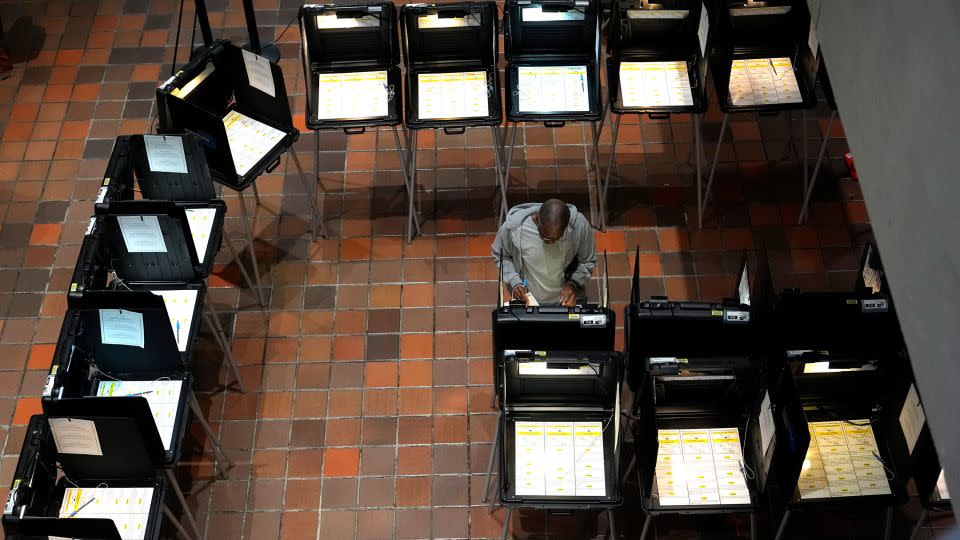



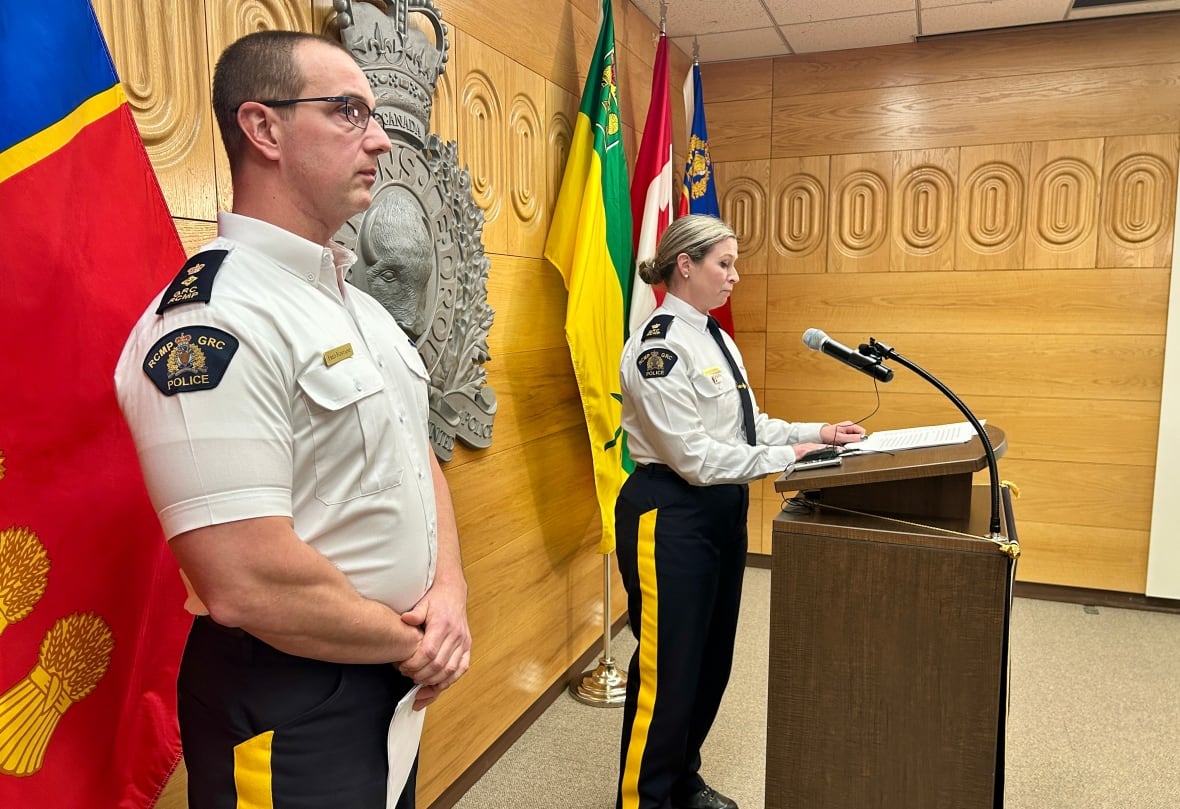


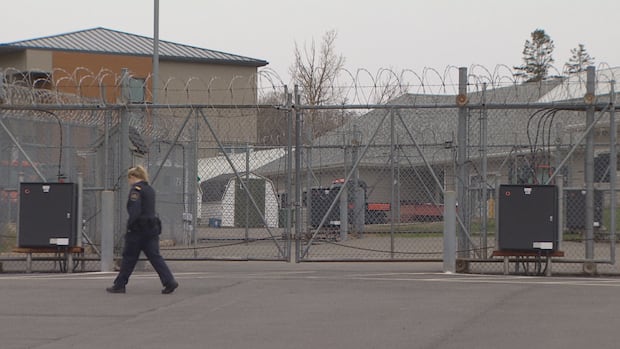
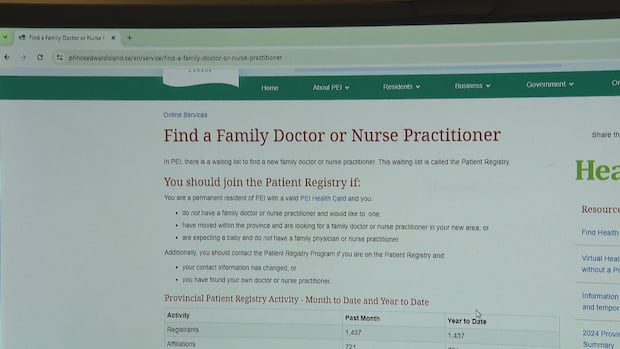
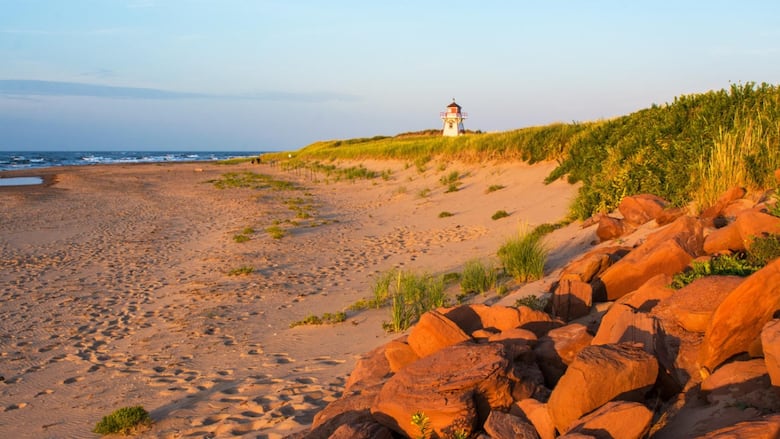
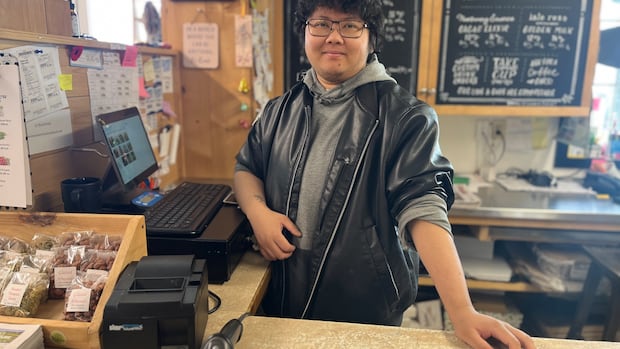
Leave a Reply